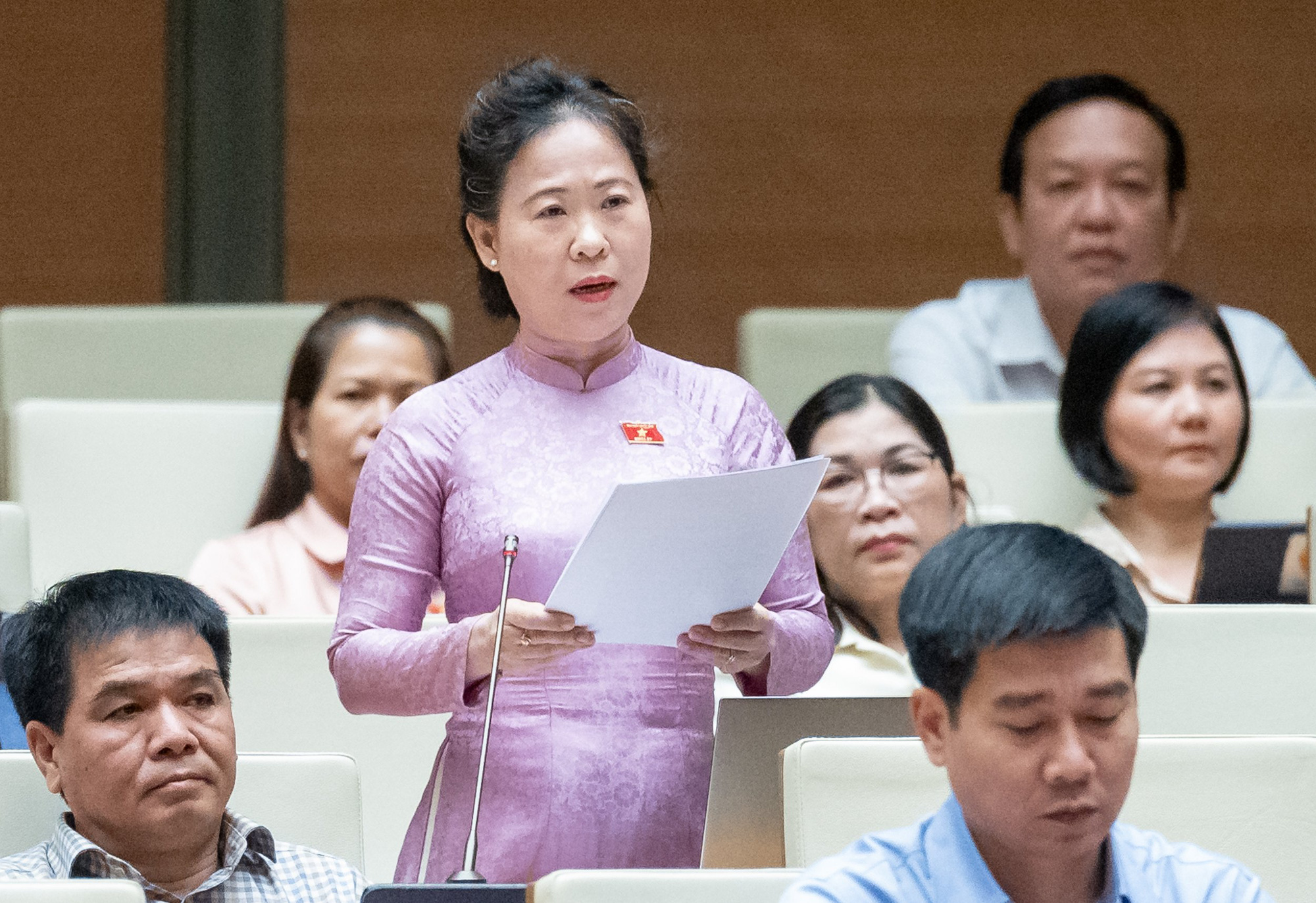
Delegate To Ai Vang ( Soc Trang ) - Photo: QUOCHOI.VN
On the afternoon of June 24, the National Assembly discussed in the hall the draft Law on Value Added Tax (amended). Many delegates were interested in and debated the bill that would make fertilizers subject to value added tax (VAT), with a tax rate of 5%, instead of not being subject to tax as currently regulated.
The majority of delegates disagreed with the imposition of VAT on fertilizers. Delegate To Ai Vang (Soc Trang) shared that in addition to the complicated price fluctuations of inorganic fertilizers, the organic fertilizer market is expected to grow at a double rate.
If a 5% VAT is imposed on fertilizers, it will increase pressure on farmers in a sector that is most vulnerable to damage.
According to the delegate, through the meetings, voters who are farmers expressed their concerns that the investment costs for each cultivation period, including fertilizer prices, pesticide prices, gasoline prices, labor and transportation prices, have increased many times.
The long-standing contradiction between agricultural product prices and fertilizer prices has always been a hot issue in Vietnamese agriculture. Therefore, delegates recommended that the National Assembly consider regulating that fertilizers are subject to a 0% value added tax rate.
"If the law still keeps 5% for fertilizer products, farmers will have to spend about 6,000 billion VND. If 0% value added tax is applied to fertilizer products, about 2,000 billion VND, instead of being added to the budget revenue, will be supported for businesses and farmers. Thus, farmers will have a significant reduction in input costs," Ms. Vang analyzed.
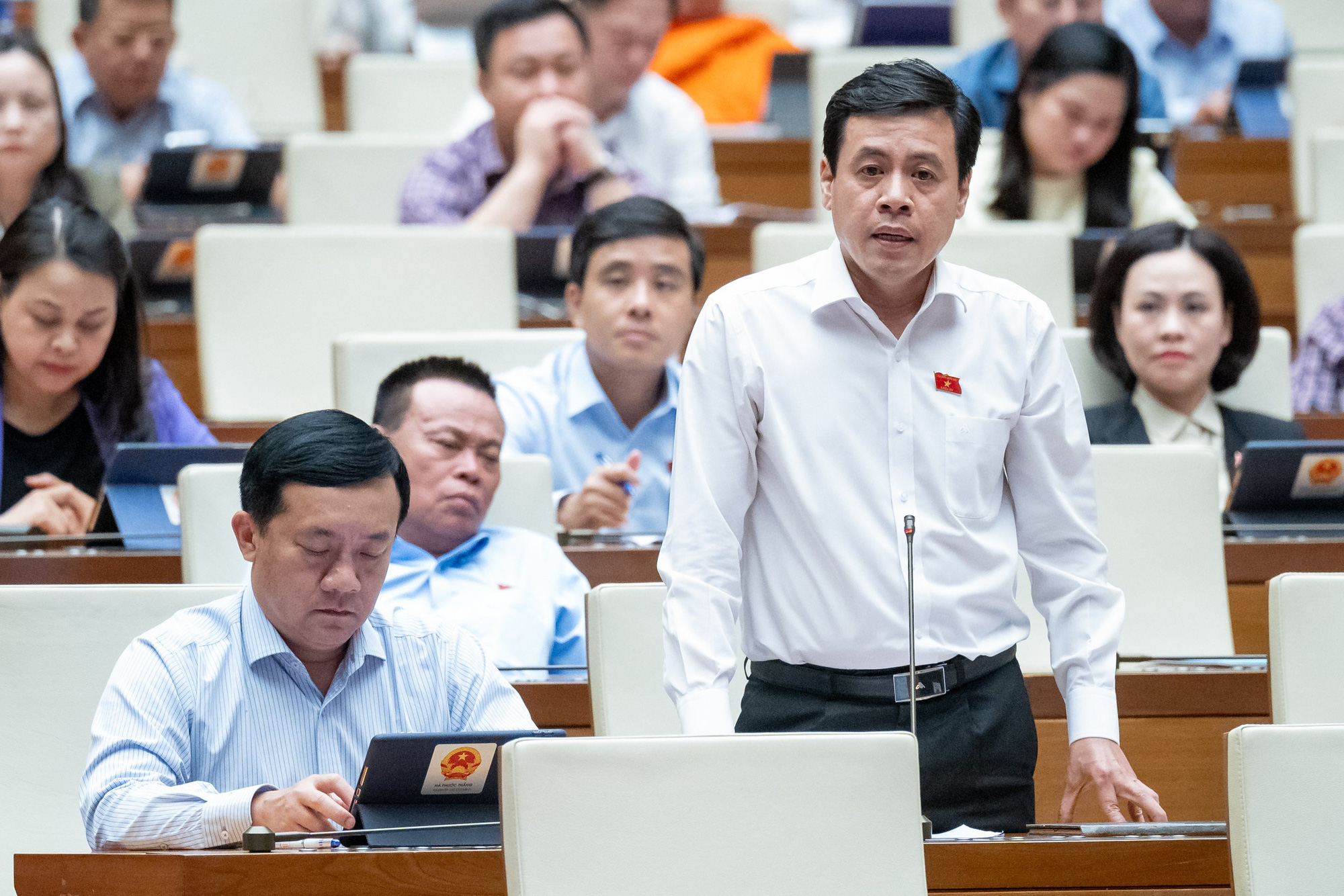
Delegate Tran Anh Tuan (HCMC) - Photo: QUOCHOI.VN
Sharing the same view, delegate Tran Quoc Tuan (Tra Vinh) commented that the current economic context has not yet recovered well after the COVID-19 pandemic and currently the National Assembly and the Government still have to continue to implement a 2% reduction in VAT rates.
If fertilizers are moved from non-taxable goods to goods subject to a 5% tax rate, it will certainly impact the income of millions of farming households and the efficiency and competitiveness of Vietnamese agricultural products.
Mr. Tuan suggested that there needs to be a more thorough survey, assessment and full report on the impact of changing fertilizer products from non-taxable to taxable.
It assesses the impact on the development of the fertilizer production and trading industry, serving agricultural production, and the impact of increased fertilizer prices, affecting farmers' income, and the competitiveness of agricultural products.
The only person who supported this tax was delegate Nguyen Duy Thanh (Ca Mau). Pressing the debate button, Mr. Thanh said that making fertilizer a taxable item is completely appropriate.
This is to help businesses deduct input costs, creating equality with imported fertilizers, thereby helping businesses reduce selling prices to farmers and increase income for the state budget.
Mr. Thanh also said that most countries in the world consider fertilizers as taxable objects such as Russia, China, Thailand...
Putting fertilizer and some other items under 5% tax causes inflationary pressure
Delegate Tran Anh Tuan (HCMC) said that we are currently implementing the National Assembly's resolution on fiscal and monetary policies to support the socio-economic recovery and development program. That is, implementing an expansionary fiscal policy in the direction of continuing to reduce taxes (reducing taxes by 2% until the end of 2024).
Along with that, there will continue to be measures to stimulate consumption and production until the end of 2025, ensuring that the new growth rate is maintained well.
According to Mr. Tuan, if the law is amended to increase the tax rate from 0% to 5% as in the draft law for some goods that are inputs for production, businesses producing these goods will lose competitiveness, causing inflationary pressure on consumer goods, affecting people's lives.
"Designing policies according to a roadmap, especially for agricultural products, requires recalculating reasonable tax policies, possibly including a 0% tax rate instead of 5% as in the draft law so that businesses can deduct taxes, but output food products are not under pressure to increase prices while still implementing a better, more effective and efficient expansionary fiscal policy," Mr. Tuan suggested.
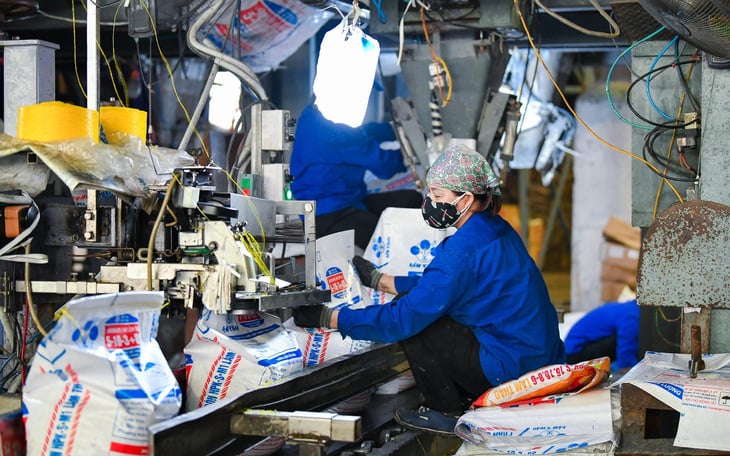 Will the proposal to impose a 5% VAT increase fertilizer prices?
Will the proposal to impose a 5% VAT increase fertilizer prices?Source: https://tuoitre.vn/danh-thue-phan-bon-dai-bieu-quoc-hoi-noi-dung-de-nong-dan-gong-minh-chiu-dung-20240624165209496.htm


![[Photo] Ca Mau "struggling" to cope with the highest tide of the year, forecast to exceed alert level 3](https://vphoto.vietnam.vn/thumb/1200x675/vietnam/resource/IMAGE/2025/11/04/1762235371445_ndo_br_trieu-cuong-2-6486-jpg.webp)


![[Photo] The road connecting Dong Nai with Ho Chi Minh City is still unfinished after 5 years of construction.](https://vphoto.vietnam.vn/thumb/1200x675/vietnam/resource/IMAGE/2025/11/04/1762241675985_ndo_br_dji-20251104104418-0635-d-resize-1295-jpg.webp)

![[Photo] Panorama of the Patriotic Emulation Congress of Nhan Dan Newspaper for the period 2025-2030](https://vphoto.vietnam.vn/thumb/1200x675/vietnam/resource/IMAGE/2025/11/04/1762252775462_ndo_br_dhthiduayeuncbaond-6125-jpg.webp)
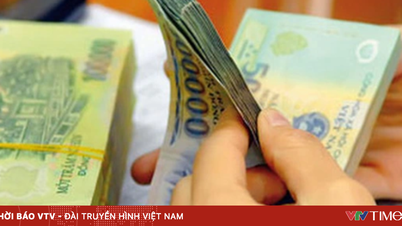

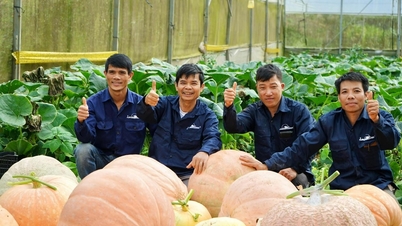

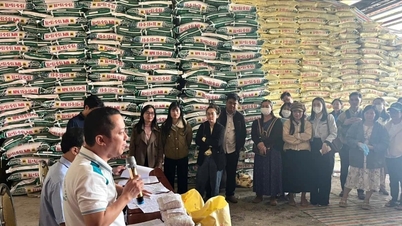
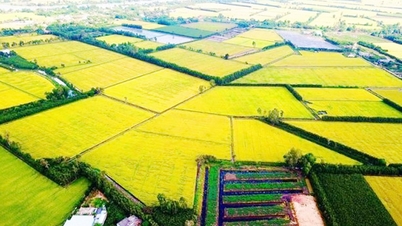

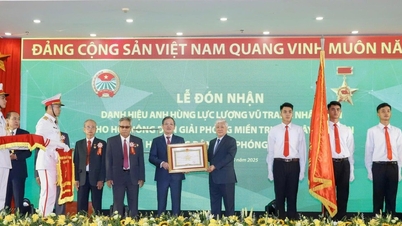






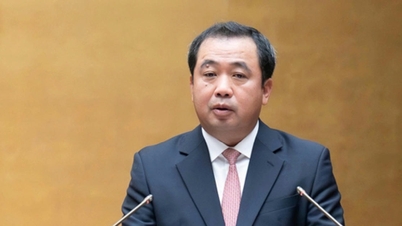










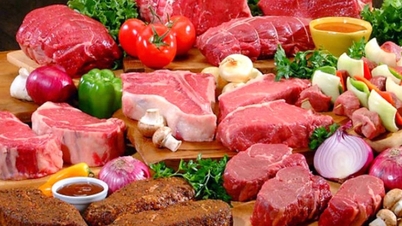
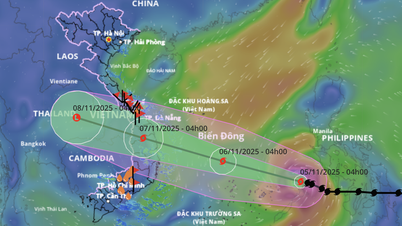





























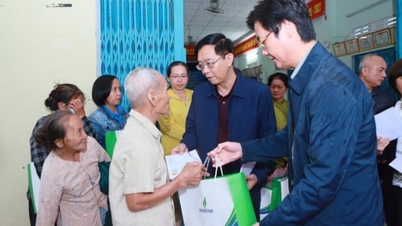















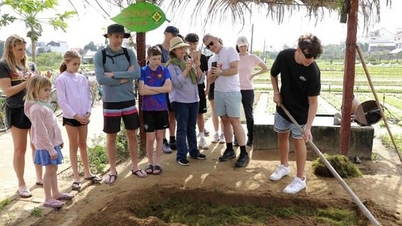







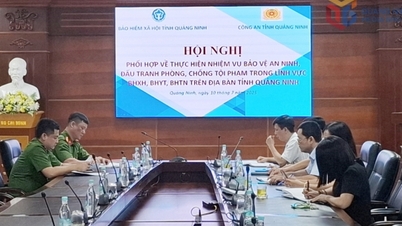


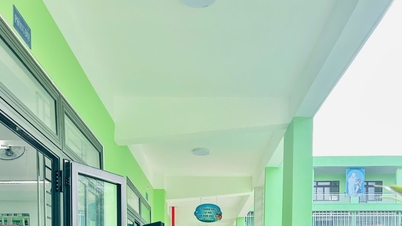

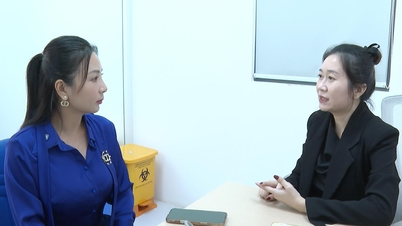

















Comment (0)